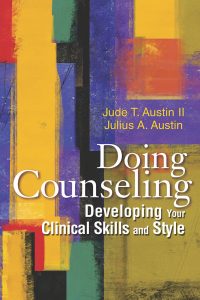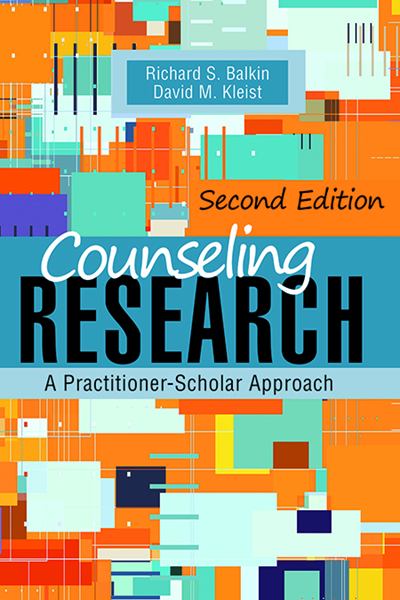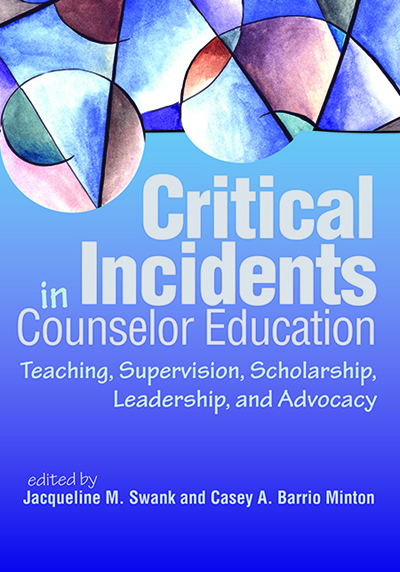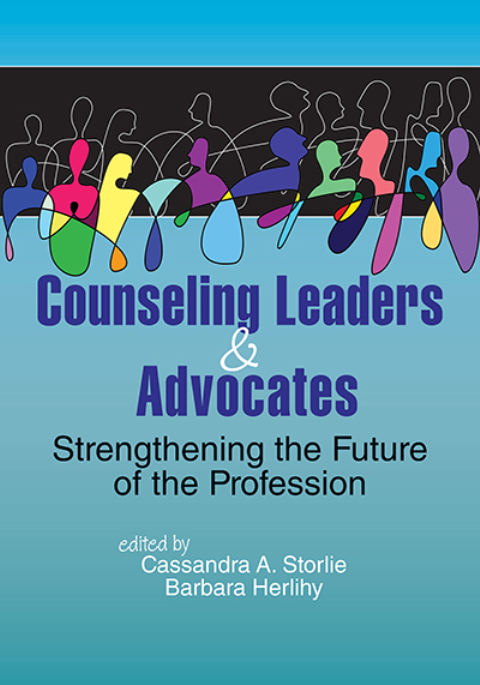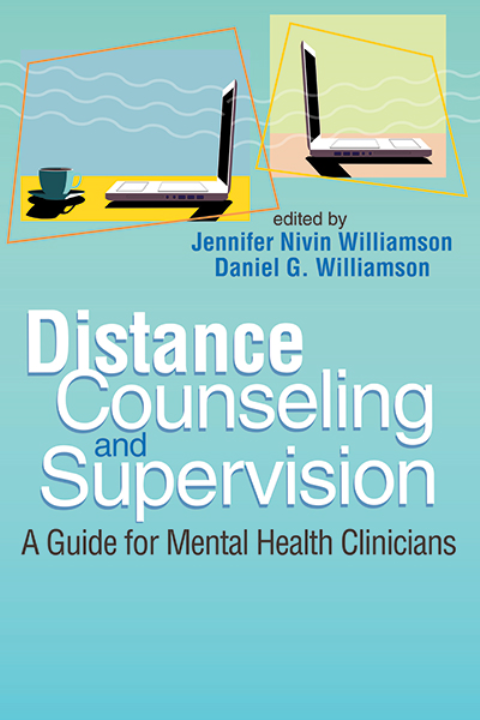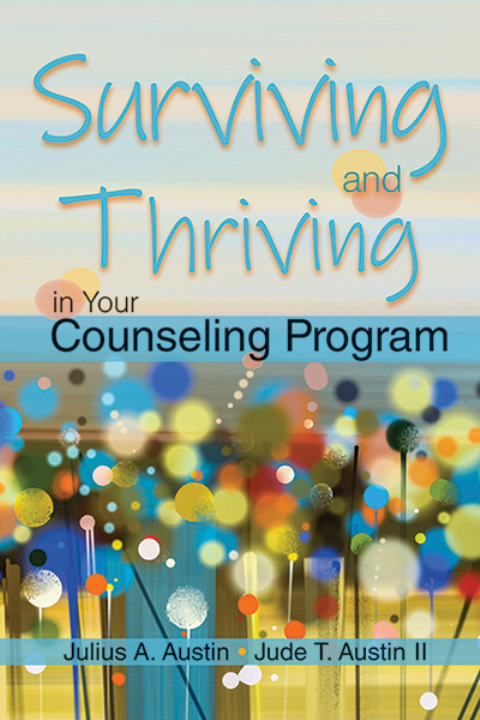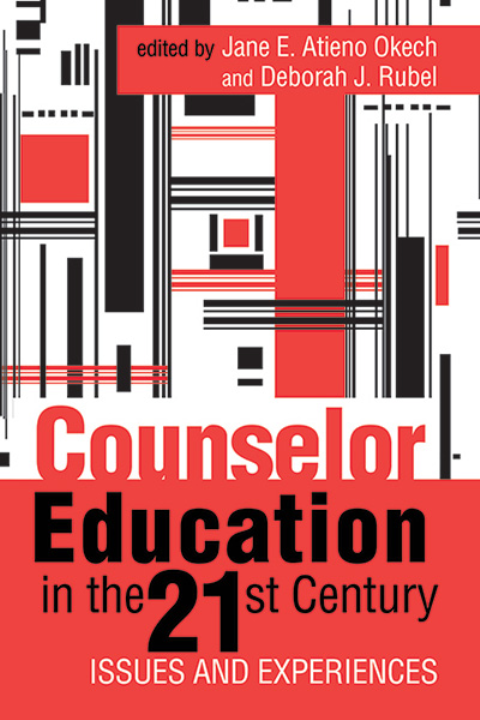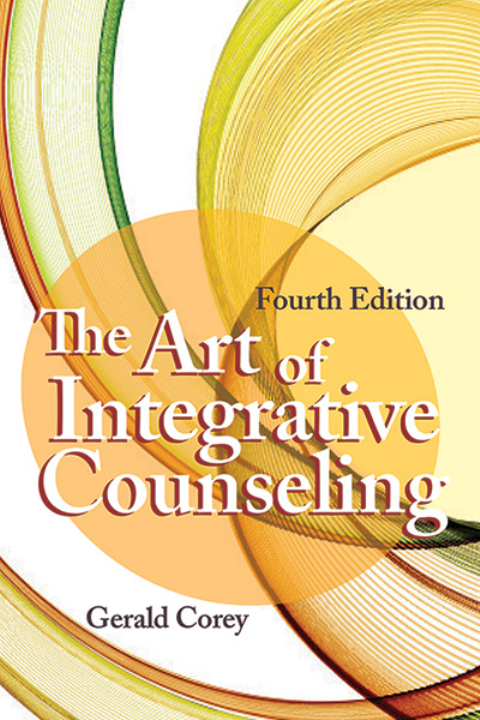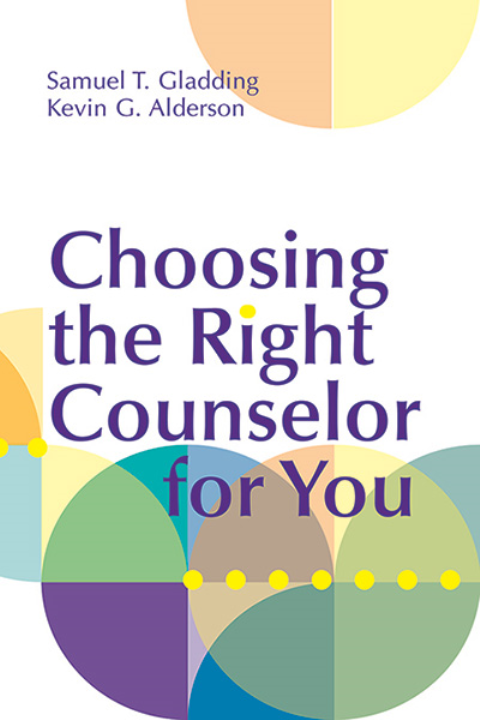
Professional development, a lifelong process
Counselors have the ethical responsibility of engaging in ongoing professional development, so they can remain informed about best practices, keep their competence in the skills they use, and maintain a reasonable level of awareness of current scientific and professional information. Mentorship is also an important part of a counselor's professional development process.
Related Articles from Counseling Today
The power of counselor advocacy
Mar 17, 2023, 00:00 AM
Title :
The power of counselor advocacy
By line :
Brian D. Banks
We are three months into the calendar year 2023, and counselors are beginning to realize how much power they hold in their state legislature and the federal government. If for any reason you do not believe this, allow me to remind you that licensed professional counselors continue to make progress that affects not only the counseling profession but also the entire country.
You are changing the way counselors can provide services to clients. Here are just two major feats we accomplished last year with your help:
Brian D. Banks the chief government affairs and public policy officer for the American Counseling Association. Contact him at bbanks@counseling.org.
- The Counseling Compact has reached milestones. Counselors earned the legal right in several states to practice across state lines through the Counseling Compact once it is fully operational. (For more information, visit the American Counseling Association's webpage on the Counseling Compact.)
- Medicare reimbursement is law. On Jan. 1, 2024, counselors can choose to become a Medicare provider. (For more information, visit ACA's webpage on the Medicare Mental Health Workforce Coalition and read our FAQs on the Passage of the Mental Health Access Improvement Act.)
How can counselors improve their advocacy efforts?
Despite our notable success, there is more work to be done. Your Government Affairs and Public Policy (GAPP) team is working hard for you. As we move forward to accomplish our legislative goals, counselors also must make advocating for the profession part of their regular routine. Compared to other mental health professionals, counselors are more likely to advocate and educate legislators about counseling and the clients they serve. However, there are still many ACA members who are not advocating on behalf of the profession, so we know counselor participation can continue to improve. The GAPP team will continue working with our members and conduct training to help you become confident grassroots advocates. In short, we need you. Our success is because of your efforts and commitment to ACA. To learn more about how to effectively advocate, please visit GAPP's Advocacy Resources page. You can also email the team at advocacy@counseling.org, and we will gladly take the steps necessary to help you become the advocate you aspire to be. To get involved, please sign up for our advocacy alerts. Visit our Take Action page, scroll to the bottom of the page and sign up today. Then you will be among the first to receive alerts.What’s next in counselor advocacy?
ACA has a robust legislative agenda for 2023, which includes continuing to focus on Medicare reimbursement as we work with the appropriate agencies to implement the program. We will also continue working with state legislatures to ensure more states pass counseling compact laws, which will increase opportunities for counselors to care for clients throughout the country. In addition, we are focused on the following five issues:- School-based mental health services: We want to improve access to mental and behavioral health services in schools and increase funding for resources to help counselors effectively assist their in-school clients.
- Career counseling: We want to increase investments in college and career counseling programs.
- Telehealth expansion: Our goal is to make telehealth permanent beyond the two-year federal extension.
- 988 implementation: Although 988 is active throughout the country, we still need an increase in funding to maintain these programs in each state. ACA will work with our colleagues to increase funding for 988.
- U.S. Public Health Service (USPHS) Commissioned Corps and Army Medical Corps officers: Licensed professional counselors are the only mental health profession not allowed to work as an officer in the USPHS Commissioned Corps or Army Medical Corps despite the need for increased access to care in the military. ACA will continue working with the appropriate committees and the Department of Defense to make this career option available to counselors.
Counselors are needed
Not many people would disagree with the statement: “We need counselors.” But I do think counselors may not realize that there is more they can do to support the profession beyond their trained duties. For example, have you ever thought about running for office or becoming a member of your state’s licensure board? Do you participate in your school board or hometown congressional town hall events? Are you registered to vote? Do you provide your expertise in state regulatory or legislative hearings? These questions show that there are multiple ways to get involved and stay involved. I know that not all of these choices listed here are going to interest you, but I guarantee there is one action from this list that you could take advantage of, and in the process, you could make a positive difference for your profession. ACA has held virtual sessions on running for office in the past and continues to conduct training and support member testimony efforts in the state legislatures. If any of the previous options to get involved sparked your interest, please email the GAPP team, and we will provide you with the information that you need to start your journey. We will continue updating you on our progress as well as on how you can help us, especially in areas where we may need additional support. To learn more, read our monthly column in Counseling Today, visit the ACA homepage for updates and check the emails from our Member Engagement team for useful information. You can also reach out to a member of the GAPP team by emailing advocacy@counseling.org. We are here for you, we believe in your work, and we want to do whatever it takes to ensure your success. From the bottom of our ACA hearts, thank you for your past efforts and for all that you will do in the future on behalf of the counseling profession. It only takes a little extra to make a difference, so thank you for the extra you give. Stay tuned and stay involved because there are greater things to come.Brian D. Banks the chief government affairs and public policy officer for the American Counseling Association. Contact him at bbanks@counseling.org.
Department :
Advocacy Updates
Categories :
- Professional Counseling
- Professional Development
Tags :
audiences :
Contributors
